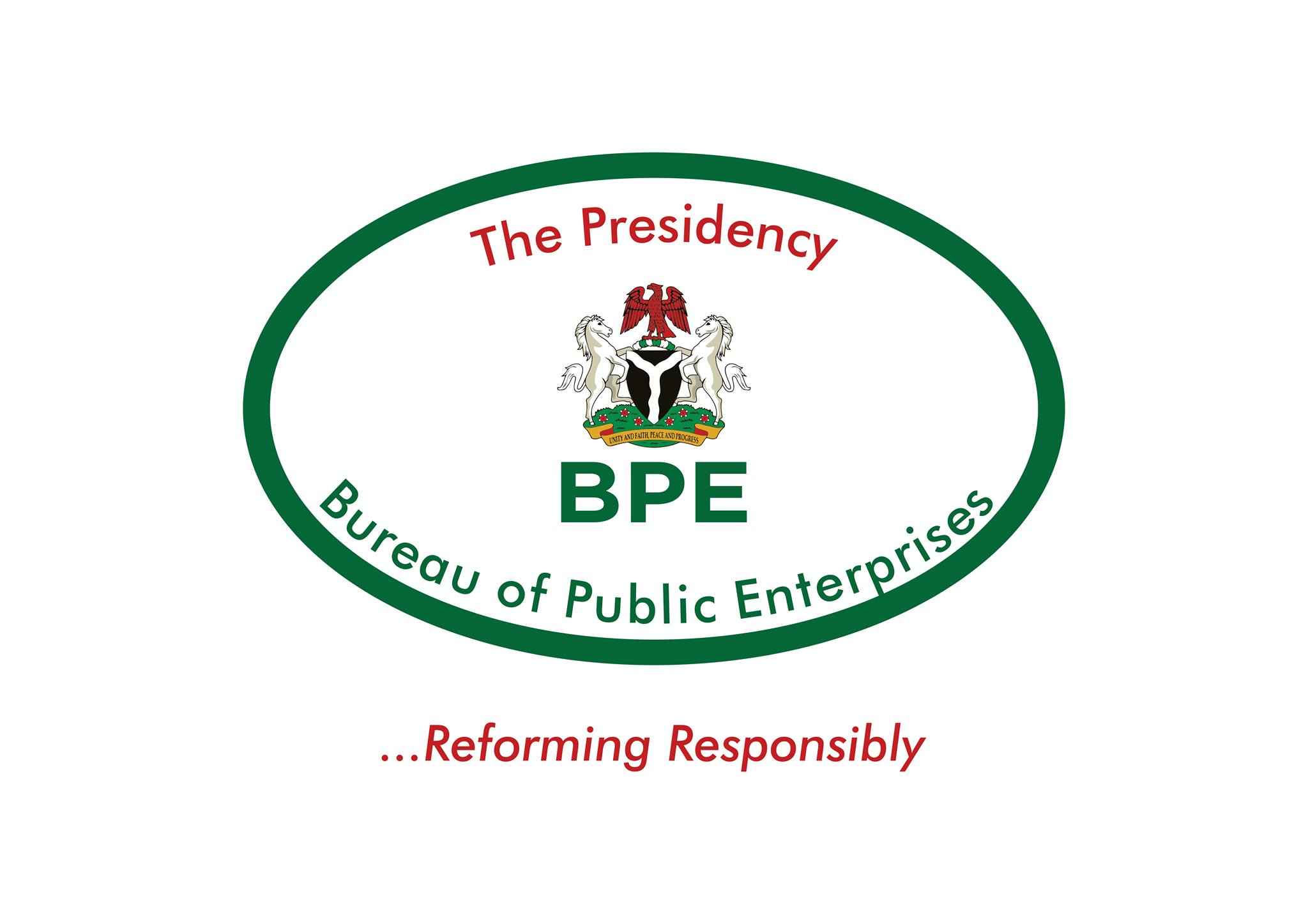Africa’s most populous Country
The Federal Republic of Nigeria is located in West Africa and shares common borders with Niger Republic (north), Chad (northwest), Cameroon (east), Republic of Benin (west), while its southern region is bounded by the Atlantic Ocean. With a land mass of 923,768 sq. km (356,669 sq. miles), and an estimated population of 126.64 million in 2004, Nigeria is Africa’s most populous country. The country is divided into 36 states and a Federal Capital Territory. Abuja, the Federal Capital Territory, is the national capital and seat of government. Lagos, the largest city and the national capital until 1991, remains the economic and commercial centre of the country. Other major cities include Ibadan, Port Harcourt and Kano.
English is the official language and is widely spoken in government, business, education and the mass media. The number of other indigenous Nigerian languages is estimated at between 350 and 400, and there are also dialects of some of these languages. The most common Nigerian languages are Hausa, Yoruba, and Igbo. Pidgin, a combination of English with native languages, is also widely spoken.
Good Governance
The Public Enterprises Regulatory Commission Act (No.35) 1996 establishes the Public Enterprise Commission with the power, inter alia, to provide for greater transparency of public enterprises, to provide accountability for directors, and to provide the President with the authority to intervene and remove directors in the event of mismanagement or misconduct. In addition, in accordance with the declared anti-corruption drive of the current administration, the National Assembly promulgated The Corrupt Practices and Other Related Offences Act, 2000 (“the Anti-Corruption Act”) in June 2000. The Act formally prohibits bribery, corruption and other corrupt practices involving Nigerian public officials and specifies sanctions, including jail sentences, for offences committed. In 2002, the Economic and Financial Crimes Commission Act was passed to give a biting effect to the war against ‘419’, money laundering and related offences which were impugning Nigeria’s image especially with foreign investors. Also in 2004, the Investment & Securities Tribunal was invigorated to arbitrate on Stock market issues with a view to preventing malpractices in the Capital market operations.

